Can grade-free classes reduce stress and improve the student environment? It looks like it
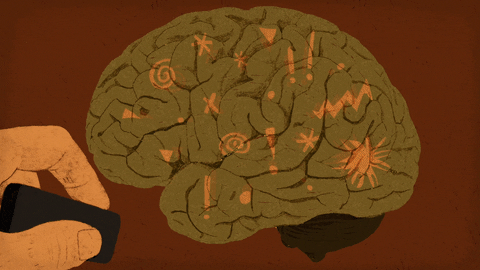
The aims of grade-free classes were to improve the learning environment and reduce stress. Has the BSc in Business Administration and Psychology succeeded? (GIF: Rebecca Hendin/Giphy)
Yes, it’s working. That’s the overall conclusion 12 months after the BSc of Business Administration and Psychology introduced the grade-free first year as an attempt to limit the pressure and stress students experience from having to perform well. But will the students’ behavior change as soon as the grades begin ticking in during semester three?
The results from introducing a grade-free first year at the BSc of Business Administration and Psychology at CBS are evident, according to Ursula Plesner, Program Director.
“The teachers have reported that it’s been an entirely new experience to teach classes the past year. The students are far more engaged and interested. And they don’t ask ‘are we supposed to remember this for the exam?’. Also, it’s clear to us that the students are less stressed out. They have a more relaxed attitude, and from what they tell us it seems that we have succeeded in creating a better learning environment,” she says.
Last year, based on a student initiative, the bachelor program decided to launch a three-year project that removes grades for the entire first year of the bachelor program. Instead of grades, the students get more in-depth feedback on assignments and exams. The aims? To reduce the stress often caused by a performance culture that highlights achieving the best grades and to focus more on learning instead.
“During Spring this year, we sent all our bachelor students questionnaires asking them to report on their well-being. The survey showed that the student body as a whole experienced more stress, except for the students from the grade-free classes. Their levels of stress were significantly lower compared to the other students,” explains Ursula Plesner.
Julie Viktoria Nitschke, now a student in her third semester, started her first year without grades. And she explains that it reduces competition between herself and her fellow students.
“It’s been great. I feel I have had the opportunity to learn so much more because there was no competition for the best grades. But the best thing has been the feedback. The feedback gave me a much better idea of where I stood and how I could improve,” she says and continues:
“Previously, if I got a 10, I wouldn’t know what I did well, and what I could improve. The feedback tells me that. And in some ways, I would call it feedforward, as it clarifies what I should continue working on in the future.”
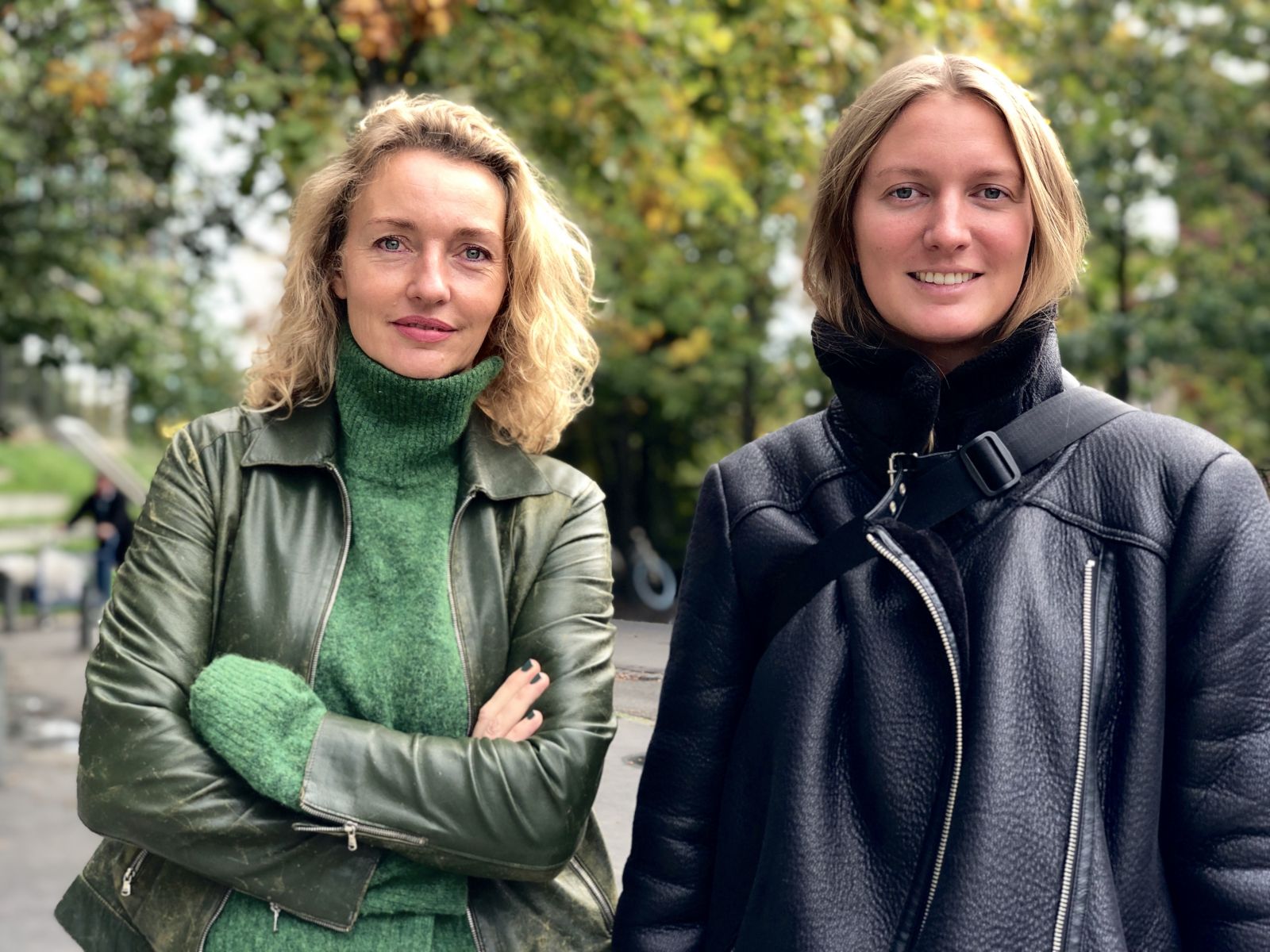
Ursula Plesner looks at Julie Viktoria Nitschke and smiles.
“It’s fantastic to hear that. This is exactly what we wanted the feedback to accomplish. And it tells me that it’s worth the extra time and resources we have invested in the project. Because obviously, it’s not a cheap option, but when Julie tells me this, I think it’s totally worth it,” says Ursula Plesner.
Gathering experiences and making changes
Although the experiences from the first year have been very good so far, it hasn’t been exactly easy to just skip the grades and give feedback instead. It has been “A LOT of work,” explains Ursula Plesner.
“It would have been very easy to replace the grades with passes or fails, but that wouldn’t be satisfactory. We wanted to give the students useful feedback and we are still working on creating a common standard for the feedback,” she says, explaining that the program has been given extra resources from senior management to realize the initiative.
At CBS, a lot of students want to take a semester abroad, and in order to get a spot at one of the sought-after international universities, your application must include the grades from your first year. So, what if you have no grades?
“The students who want to go on exchange trips through CBS will have to apply for a spot with a motivational letter, and based on that and their feedback, their score will determine whether they get their first priority,” says Ursula Plesner and explains that the process is a bit complicated and time-consuming, but that the model for scoring their application is designed to make sure that this year’s students aren’t worse off than they would have been with grades.
We know for a fact that if students are extremely stressed out by exams, they tend to forget what they have just learned right after the exam
Ursula Plesner
But why even bother with all the hassle of switching grades for more feedback? Why is the study board at the BSc of Business Administration and Psychology doing all this for its students?
“In our program, we have the privilege that our teachers and students really care about it and want to contribute to developing it. The project was initiated by students who were tired of rolling eyes and sigh whenever someone asked a question that wasn’t directly related to the curriculum,” says Ursula Plesner and continues:
“They were frustrated that there wasn’t room for engagement or comtemplation. We thought that if we removed the grades, it would be a really strong signal that we’re intent on changing the performance culture. But we would probably not have done this if not for the students themselves.”
“The third semester is different… different in a good way”
One aspect of the project was to reduce stress among the students, but it was equally important to improve the learning environment.
“We know for a fact that if students are extremely stressed out by exams, they tend to forget what they have just learned right after the exam. Probably because it’s difficult to really learn under such conditions,” says Ursula Plesner and continues:
“For the same reason, we have also developed a number of new activities and assignments that are meant to ensure an increased study intensity throughout the semester, instead of putting it all together at the end.”
Julie Viktoria Nitschke explains that her teachers have been very focused on the learning aspect, and it seems to have worked.
“During my second semester, I experienced in group work that my fellow students would refer to subjects from the first semester and say something like ‘hey, I remember this from first semester’. To me, that’s a sign that we have understood what we were taught, and that we had the time to really explore the subject,” she says and continues:
“And besides that I just have a feeling that the different subjects complement each other really well. I can make connections between them and I can see how I can use what I’ve learned in practice.”
Before the summer break in 2018, we asked a bunch of students what they think about the grade-free first-year initiative. Check out their answers right here :)
But will everything Julie Viktoria Nitschke and her fellow students have learned about being a little more relaxed and less competitive in the classroom be wiped out by stress and anxiety now that the grades are starting to tick in during the third semester?
So far, that’s not the case.
“The third semester is different. Different in a good way. It seems that the learning environment we established throughout the first and second semesters is being transferred to the third semester as well. We wanted to change the culture, and if we have succeeded it’s really a major triumph,” says Ursula Plesner.



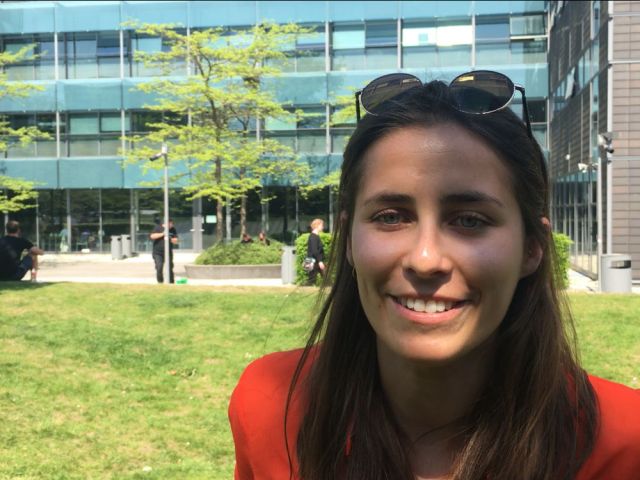
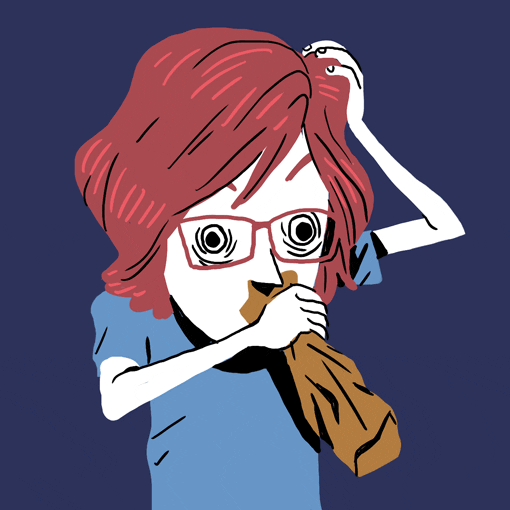


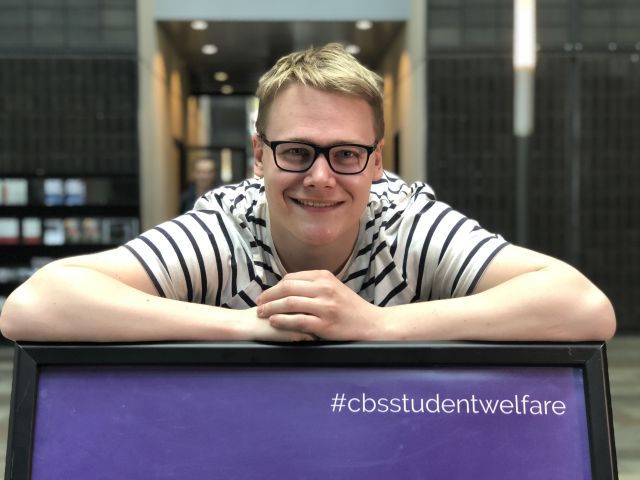
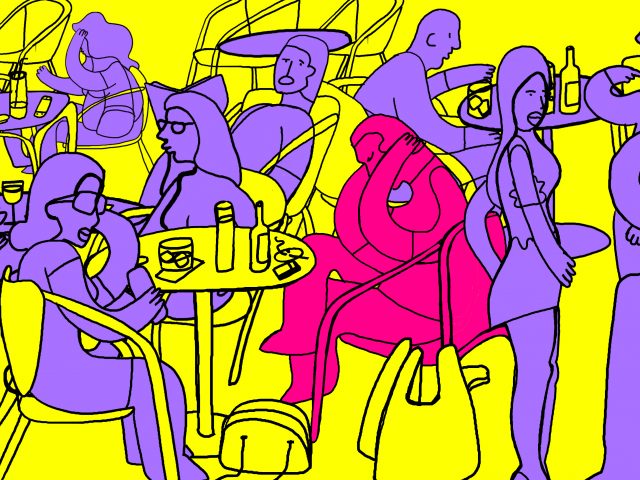
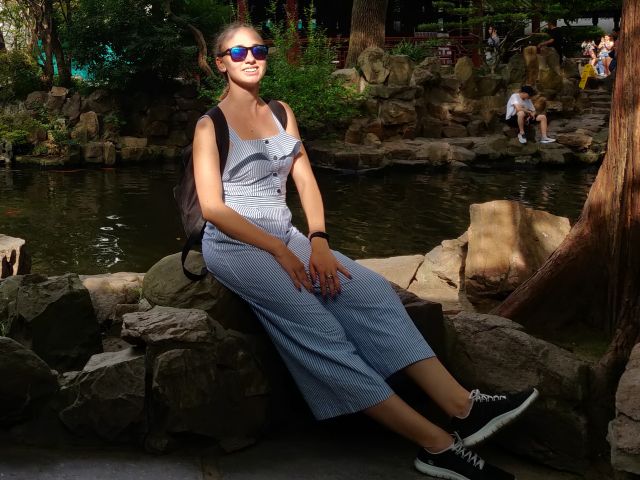





























































































































Comments